According to Space Daily, the team of scientists, led by Meenesh Singh, was able to convert almost 100% of the carbon capture into the plastics-essential material.
To ensure almost complete efficiency, the researchers used electrolysis, turning six tons of carbon dioxide into one ton of high purity ethylene.
Additionally, due to the fact that the process can be run using renewable energy, it can be considered carbon-negative.
Leading researcher Meenesh Singh said that "for every 1 ton of ethylene produced, you're taking 6 tons of CO2 from point sources that otherwise would be released to the atmosphere."
Ethylene is a very carbon-intensive chemical that's needed for other things beyond plastic, such as medical sterilizers and antifreeze.
It is the ranking third as far as chemicals responsible for carbon emissions, after ammonia and cement.
For obtaining one ton of ethylene, producers generate about 1.5 tons of carbon emissions and given that some 160 million tons of ethylene are being manufactured yearly, more than 260 million tons of carbon emissions find their way into the atmosphere.
 Mihai - Cristian Ioniță
Mihai - Cristian Ioniță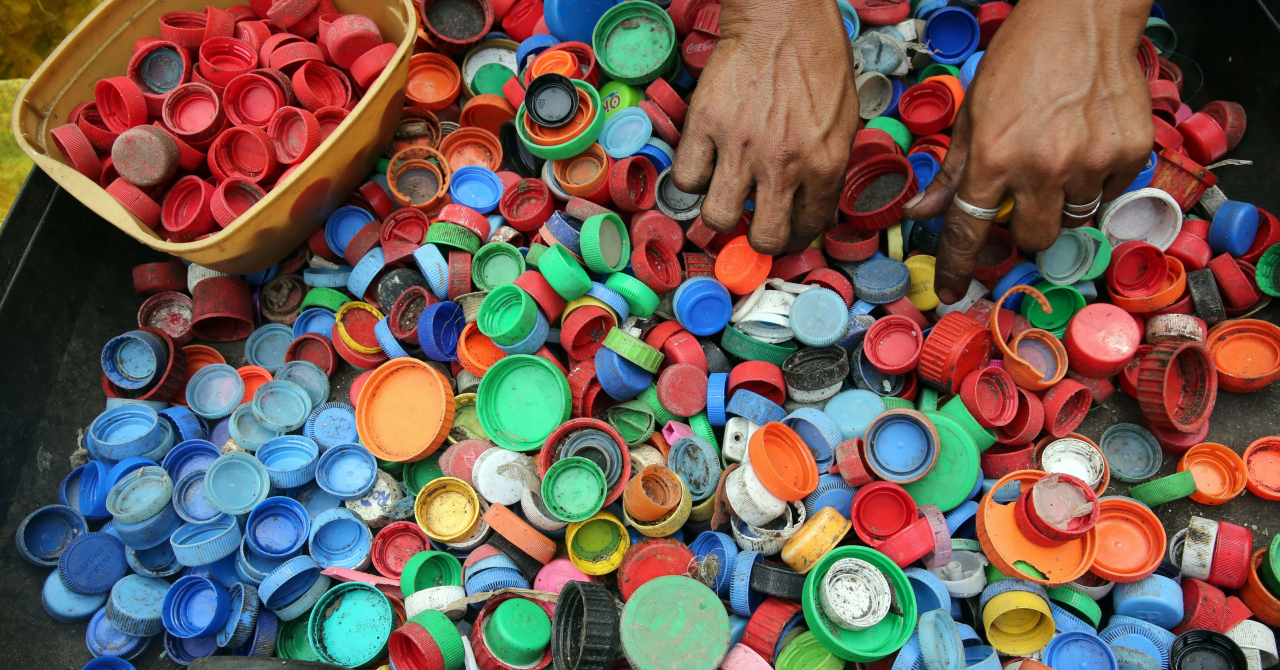

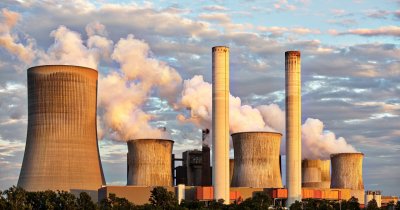





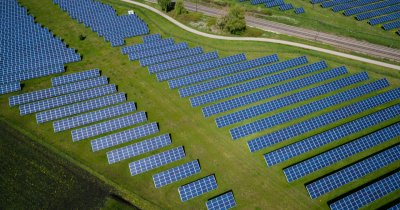
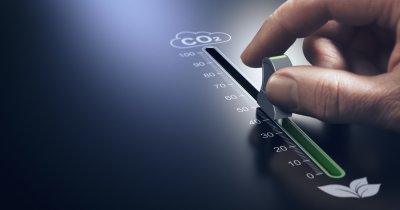


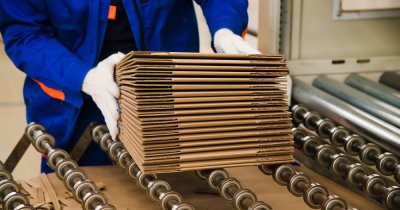
Any thoughts?